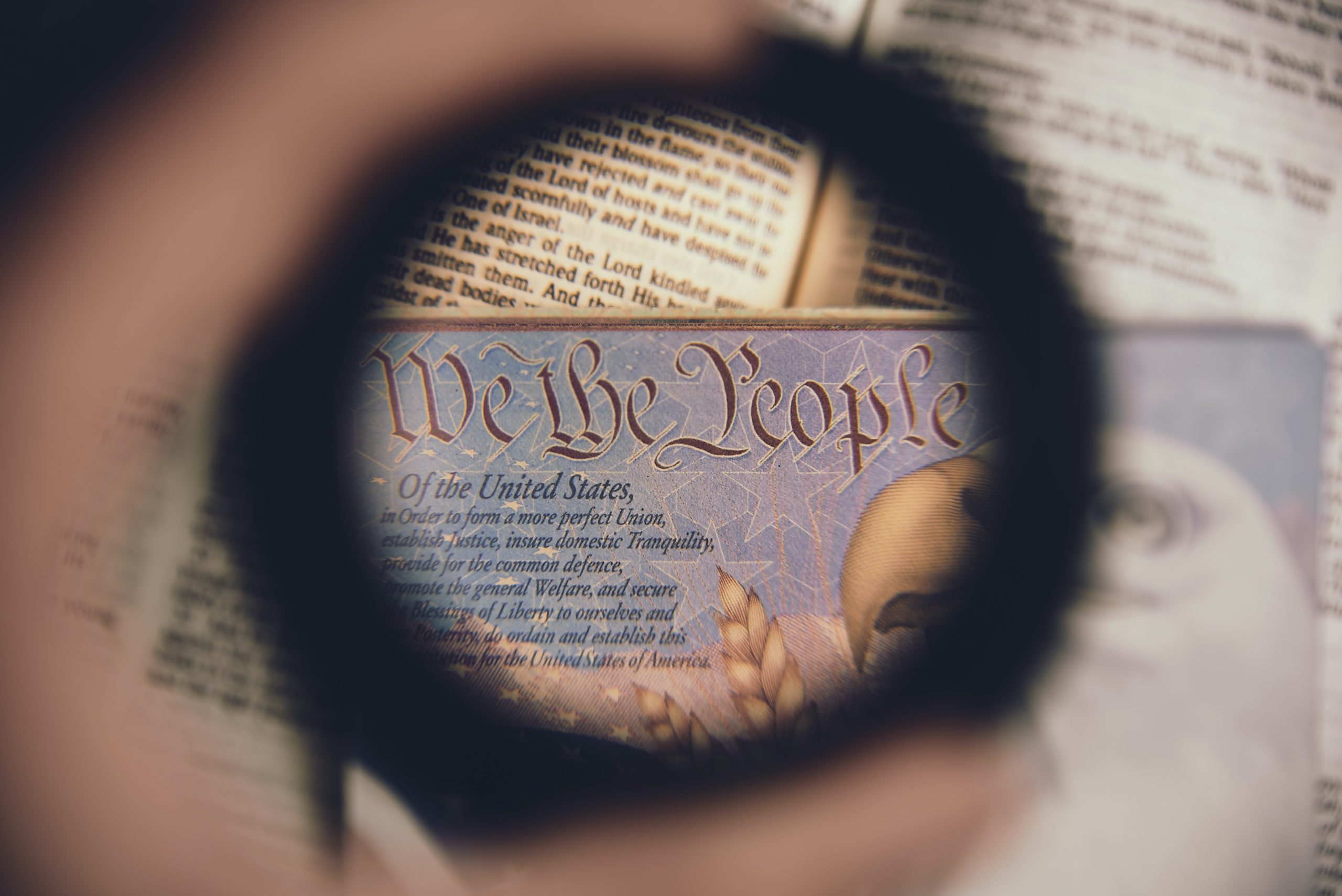Whistleblower Cases & Employment Law

The following is taken from an interview with an experienced whistleblower attorney as they discuss the relationship between whistleblower cases and employment law. To learn more, call and schedule a consultation today.
Difference Between Whistleblower and Employment Law
A lot of whistleblower law could be considered a derivative of employment law if the case involves a retaliation claim. With that said, where false claims act practice and employment law practice differ is that what you’re really trying to show under the former is the harm to the government, whereas what you’re trying to show through the latter is the harm to your client. Without proper context, it may seem a little callous at first when you’re explaining what you’re looking for to your client that you are spending time on the harm to the government as opposed to the harm that they suffered.
If it is only a retaliation case, they may need an employment lawyer, because false claims act attorneys are really looking to determine what the harm was to the government, what lies were given to the government, and what damages the government experienced in order to make a false claims act case. It can be a little bit of a different calculation that way. Of course, false claims act cases also require a long collaboration between the attorney and the client, and we end up caring very deeply about our clients. It’s just that the focus is on something different as far as the underlying facts one needs to make the case.
Retaliation Claims
An action for retaliation under a whistleblower law is basically an employment law claim, usually because the person who blew the whistle internally suffers some form of employment-related damage. Usually, they’re either fired, moved out of their position, demoted, or any of the normal types of damages that an employee might suffer for any number of reasons that they’re complaining about.
However, whistleblower law also is meant to encourage people to come forward and report wrongful activity to the government or stop wrongful activity, generally speaking. As a result, it’s a little bit different than some kinds of wrongful termination actions or wrongful employee actions. Personally, I tend to think of myself as a false claims act lawyer first and foremost, and therefore try to determine what the harm to the government is a little bit more than what the harm to the client is. Certainly, if there’s harm to the client and you can use the whistleblower law in service of recovering funds for the client, an employment lawyer may want to consider using whistleblower laws for that reason.













